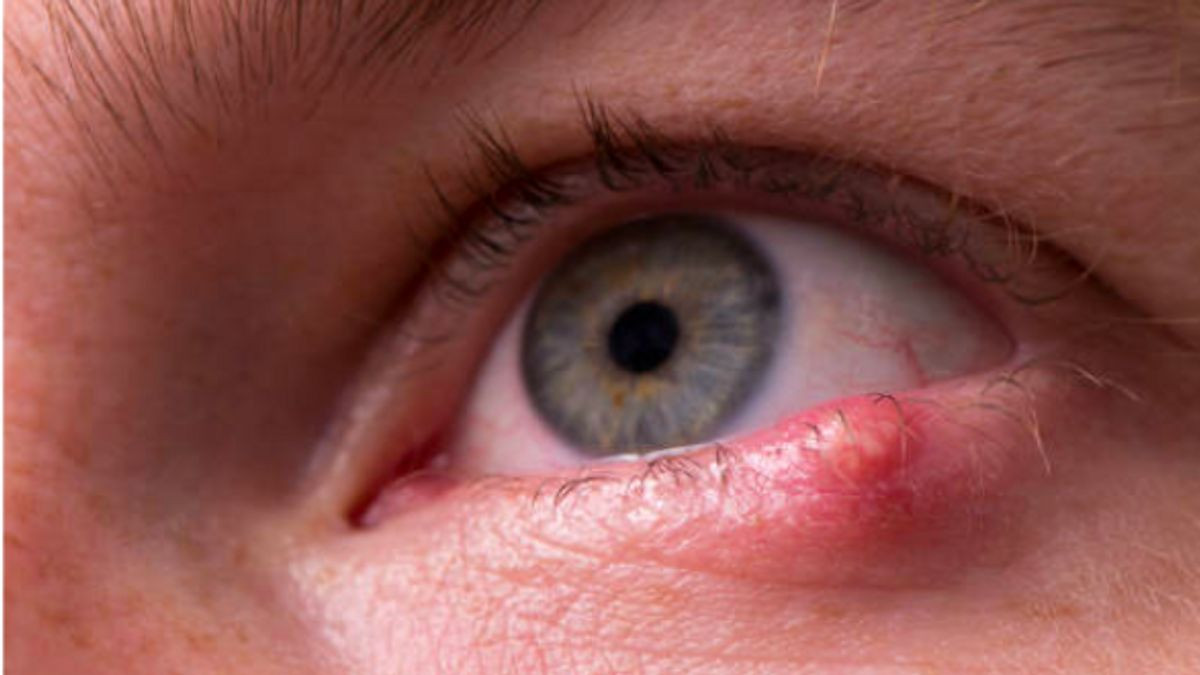Definition
Aerobic resistant microorganism culture is a test designed to evaluate whether aerobic bacteria, which require oxygen to survive, are susceptible to specific antibiotics. These bacteria can exist harmlessly in or on the human body, but certain types may cause infections and illnesses when their numbers become excessive or when they invade normally sterile areas.
Antibiotic-resistant bacterial infections are a significant global health concern, contributing to increased severity of infections. These infections result in heightened morbidity, mortality, prolonged hospital stays, and higher healthcare costs. They are particularly prevalent in developing nations due to:
- Limited healthcare services and resources.
- Poor sanitation and hygiene standards.
- Overuse or misuse of antibiotics, including excessive prescribing or unregulated over-the-counter sales.
- High poverty rates.
Therefore, early diagnosis and appropriate antibiotic treatment are important to prevent serious complications.
Aerobic resistant microorganism culture plays an important role in assessing whether the infection is caused by bacteria that are resistant to antibiotics. Infections that are not treated properly can develop into serious infections. Complications that can occur include blood infections, infections of the meninges, infections of the peritoneum (the lining of the abdominal cavity), and others.
Indications
This test aids in identifying bacteria responsible for infections and assessing the effectiveness of antibiotics against them. It is particularly valuable for investigating persistent infections, such as surgical site infections, despite preventive measures like prophylactic antibiotics.
The accompanying drug resistance assessment provides critical insights into whether the bacteria causing the infection are resistant to particular antibiotics. Such results can be references for doctors in determining and developing effective therapeutic plans.
This test enables doctors to identify the most effective medication for treating the infection, develop precise therapeutic plans to accelerate patient recovery, and determine if additional tests or interventions are necessary.
Symptoms warranting this test vary depending on the infection type but generally include signs of bacterial infections.
Contraindications
There are no specific contraindications for aerobic resistant MO culture testing. Samples such as blood, urine, stool, or sputum can be safely collected. If an infection or bruising is present in one arm, the blood sample can be taken from the other arm or another suitable site on the body.
Preparation Before the Test
No special preparations are necessary for this test. The doctor will evaluate your current symptoms, make a preliminary diagnosis, and determine if this test is needed. Ensure to inform your doctor about any medications you are taking to avoid potential interference with the test results.
Test Procedure
Based on your condition, the suspected infection, and the necessity for testing, your doctor might request more than one type of sample. For instance, besides a blood sample, you may also need to provide urine, stool, or sputum samples.
Sputum samples are typically collected by coughing up phlegm into a designated sample container. It's important to note that sputum is distinct from saliva. In certain circumstances, a bronchoscopy might be performed. This involves inserting a flexible tube equipped with a camera into your lungs to collect a sample of sputum.
Urine and stool samples can be easily collected in a container provided to a healthcare professional. For blood samples, a small amount of blood is drawn from your arm using a syringe, which may cause minor discomfort.
These samples are sent to a laboratory, where they are placed on specific media that promote bacterial growth. If bacteria thrive in the medium, they will be tested against various antibacterial drugs to evaluate their sensitivity to different antibiotics.
This test typically requires several days. However, certain slow-growing bacteria might prolong the culture process.
Normal and Abnormal Values
A normal test result means that no aerobic bacteria were detected in the sample. The test result is considered abnormal if disease-causing aerobic bacteria are identified.
It’s important to recognize that certain microorganisms naturally inhabit specific parts of the body, such as the skin. If these organisms are found in samples from other body parts, this finding might have clinical significance.
Results and Recommendations (Further Testing)
Abnormal culture results indicate the presence of bacteria causing an infection. Culture testing is often conducted alongside antibiotic resistance testing to determine whether the bacteria are susceptible or resistant to certain antibiotics.
The doctor will rely on these test results to guide treatment decisions. Additional tests may be necessary to confirm whether your condition is caused by other factors or bacterial resistance to the prescribed antibiotics.
Consult the Right Doctor
Once you have received the MO culture results, your doctor will review and discuss them with you. If the result is positive, the doctor will explain the type of infection, its cause, and the recommended treatment plan.
The doctor will assess the test results and evaluate your current health condition to decide the next steps in therapy.
Want more information about laboratory, radiology, and other test results? Click here!
- dr Hanifa Rahma
Culture and sensitivity, aerobic bacteria, blood test - test results, normal range, cost and more (no date) Lybrate. Available at: https://www.lybrate.com/lab-test/culture-and-sensitivity-aerobic-bacteria-blood (Accessed: 24 May 2023).
Shume, T. et al. (2022) Aerobic bacterial profile & their antibiotic susceptibility: IDR, Infection and Drug Resistance. Available at: https://www.dovepress.com/aerobic-bacterial-profile-and-their-antibiotic-susceptibility-patterns-peer-reviewed-fulltext-article-IDR (Accessed: 24 May 2023).
Bacteria culture test: Medlineplus medical test (no date) MedlinePlus. Available at: https://medlineplus.gov/lab-tests/bacteria-culture-test/ (Accessed: 24 May 2023).











